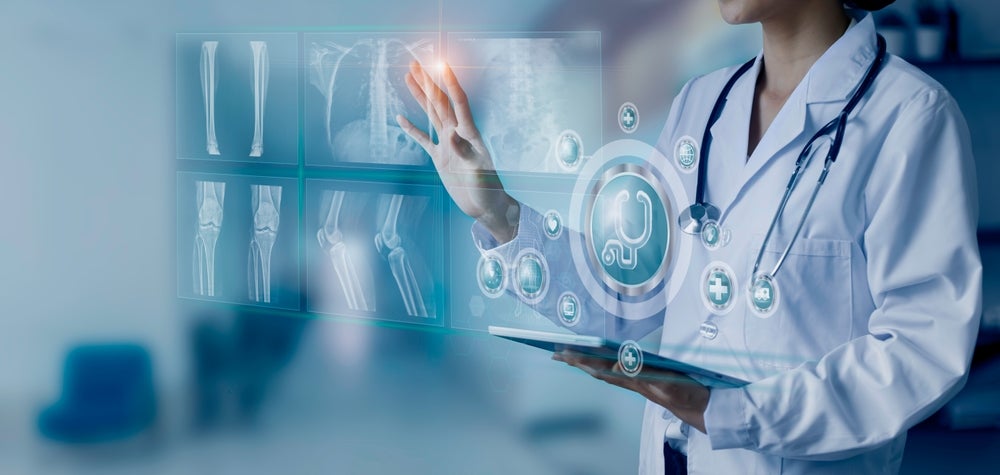Microsoft and digital pathology developer Paige have unveiled the second generation of Virchow, an image-based AI model for digital pathology and oncology.
The updated versions of their AI model, dubbed Virchow2 and Virchow2G, feature significant improvements in size, data diversity, and performance.
Virchow2G – the largest model – boasts 1.8 million parameters, allowing for deeper cancer analysis.
The tools are designed to help doctors find and diagnose cancer more quickly and accurately. According to the companies, the model can analyse more than 40 types of tissue samples, making it easier for doctors to spot rarer cancers.
These new models have been trained on pathology slides from over three million samples sourced from 800 labs. The dataset includes information from more than 225,000 patients, covering a wide range of demographics, said the companies.
Microsoft and Paige teamed up in September 2023 to develop the original Virchow model, which was trained using data from around 100,000 patients. A study published in Nature Medicine in July 2024 showed that Virchow detects 16 cancer types as well or better than tissue-specific clinical-grade models. This comprised nine common and seven rare tumours.
Paige was the first company to receive US Food and Drug Administration (FDA) approval for a clinical AI application in digital pathology. The New York, US-headquartered company raised $100m in a 2021 Series C funding round led by Casdin Capital and Johnson & Johnson Innovation.
Paige's technology senior vice president Razik Yousfi said: “This second generation of Paige’s Virchow model outperforms anything in the industry and continues to grow in knowledge and capability, bringing us closer to making precision medicine a reality.
“We are not only expanding capabilities, increasing accuracy, and reducing time in the cancer diagnosis process but also pushing the boundaries of what's possible.”
In March 2024, Microsoft partnered with data-driven diagnostics company Cyted to build AI models to improve the early detection of oesophageal cancer. The AI-supported methods have demonstrated diagnostic performance on par with the current manual workflow, potentially reducing up to 63% of pathologists’ workloads.
According to a report on GlobalData’s Medical Intelligence Center, AI in the medical market was worth $336m in 2022 and is expected to grow at a compound annual growth rate (CAGR) of 29.1% to $1.2bn by 2027.









